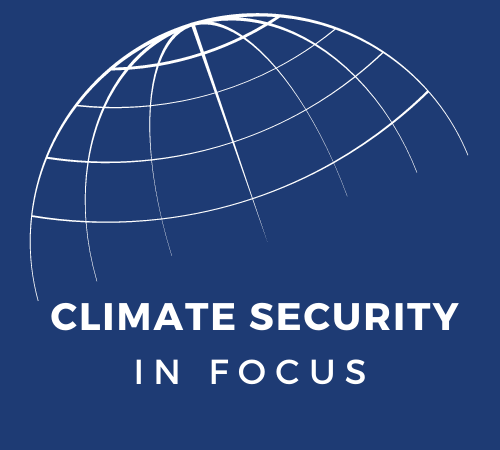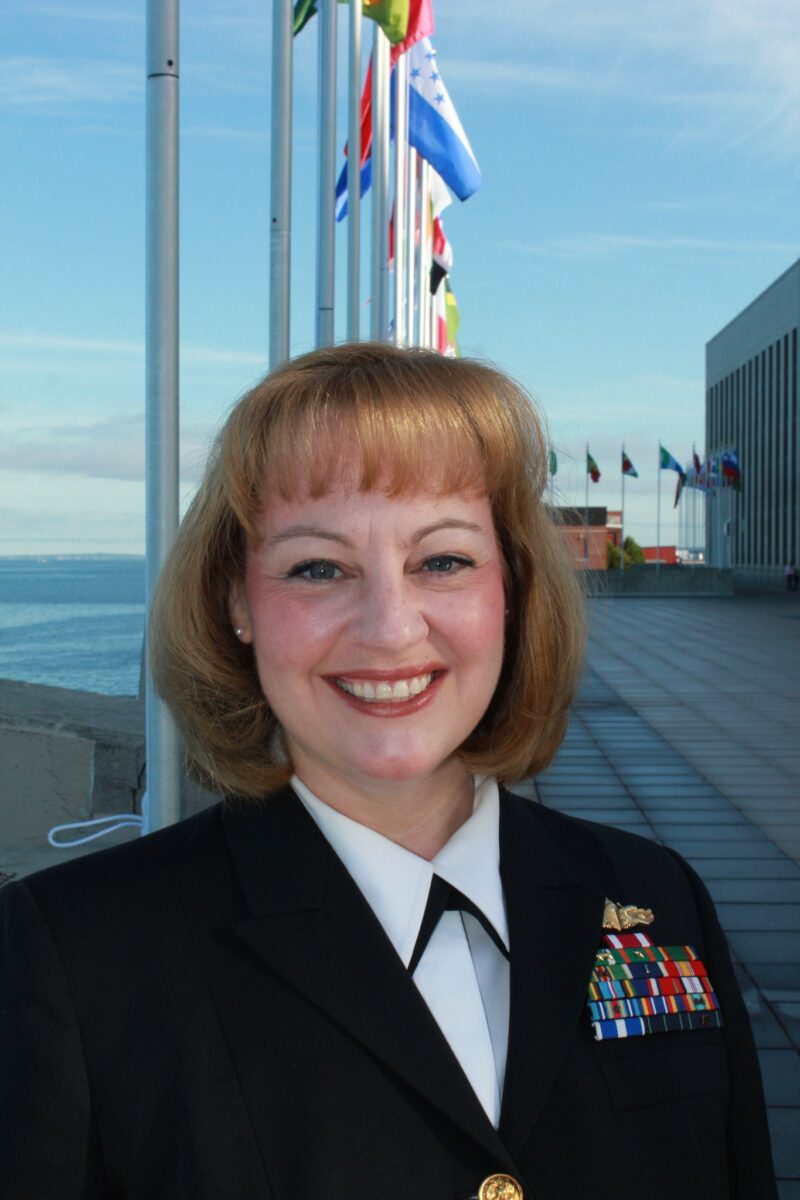
Earth Day Interview: CDR Andrea Cameron
In honor of both Earth Month and Earth Day, and the important climate security and environmental work underway, ASP is proud share our interview with Andrea Cameron, Ph.D, Ed.D, Commander, US Navy. CDR Cameron is a permanent military professor in the National Security Affairs Department at the Naval War College and founding director of the Climate and Human Securities Study Group. She is currently serving as a 2022-2023 Fulbright U.S. Scholar in NATO Security Studies at the College of Europe. ASP also sends their warmest congratulations to CDR Cameron, who was recently selected for promotion to Captain, U.S. Navy.

Your career has spanned several national security sectors, including climate and the environment, and intersects academia, operations, and policy. How has your multidisciplinary approach impacted the way you think and approach national security?
I was a Surface Warfare Officer, a Human Resources officer, and a Permanent Military Professor over the course of my naval career—and I have a huge appreciation for how much people and the environment matter to successfully do ANY mission. For any military to operate, we must have equipment that is maintained and ready to fight as well as people who are trained and prepared. So many people think that future wars will be characterized by changes in technology. While this is partially true, I think future wars will be won the same way as every other war—by the force that adapts the fastest to changes. We can do that best by understanding all aspects of the future operating environment and giving our people the skills to adjust cognitively to changing circumstances.
Given the breadth and depth of your experience, what is a significant change you’ve seen in the broad climate security conversation?
The biggest change is the evolving understanding that increasing the sustainability of forces enhances combat effectiveness. As people learn about climate security, they tend to focus on humanitarian assistance, the Arctic, or defense infrastructure. True operational resilience takes creative thinking about system design, force structure with unmanned systems, energy efficiency, and flexibility in employing the force. By exploring how all these pieces fit together in new ways, we can be better prepared to fight and win as the world adapts to climate change.
You are currently serving as a Fulbright Scholar in Europe. What is a difference between how European countries and NATO approach climate security and environmental issues compared to the U.S.?
One difference is how some European countries view operational and installation energy as the same thing. In the U.S. with a globally deployed force, we have distinctions between ‘at home’ installation climate and environmental standards and ‘abroad’ operational standards. It was a surprise to me to hear about militaries who perceive this as one continuum—aiming for all bases and operations to have the same standards whether at home or deployed. I like this holistic thinking about energy within the military.
How do you see climate security concepts and operations shaping future military operations and diplomatic relations?
I foresee climate security concepts and operations increasingly permeating all aspects of the force. There will emerge a day when we cannot execute any of our processes or international engagements without asking ourselves ‘how will the changing climate affect what we’re doing?” Because the security conversation will be within this context, all forms of diplomacy, especially military diplomacy, will include climate considerations.
There is plenty of research that shows how gender inequality and climate change are interconnected, with women bearing disproportionate climate burdens. Yet women make up only about 20% of the national security workforce. Why is it so important that women’s involvement in national security and climate security continue to grow?
Women, like any under-represented group, naturally bring different perspectives to solutions and decision-making. Having a diversity of thought when considering what to do about climate change expands the discussion. It brings awareness for aspects that need to be included AND more options for solutions. As climate change gets mainstreamed into discussions across the force, we need to ensure many voices are heard.
Climate Security in Focus is a blog series dedicated to exploring key elements of climate security that impact American interests both at home and abroad. The series aims to examine specific aspects of climate security issues in order to better understand climate policy challenges, facilitate conversation, and generate ideas.





